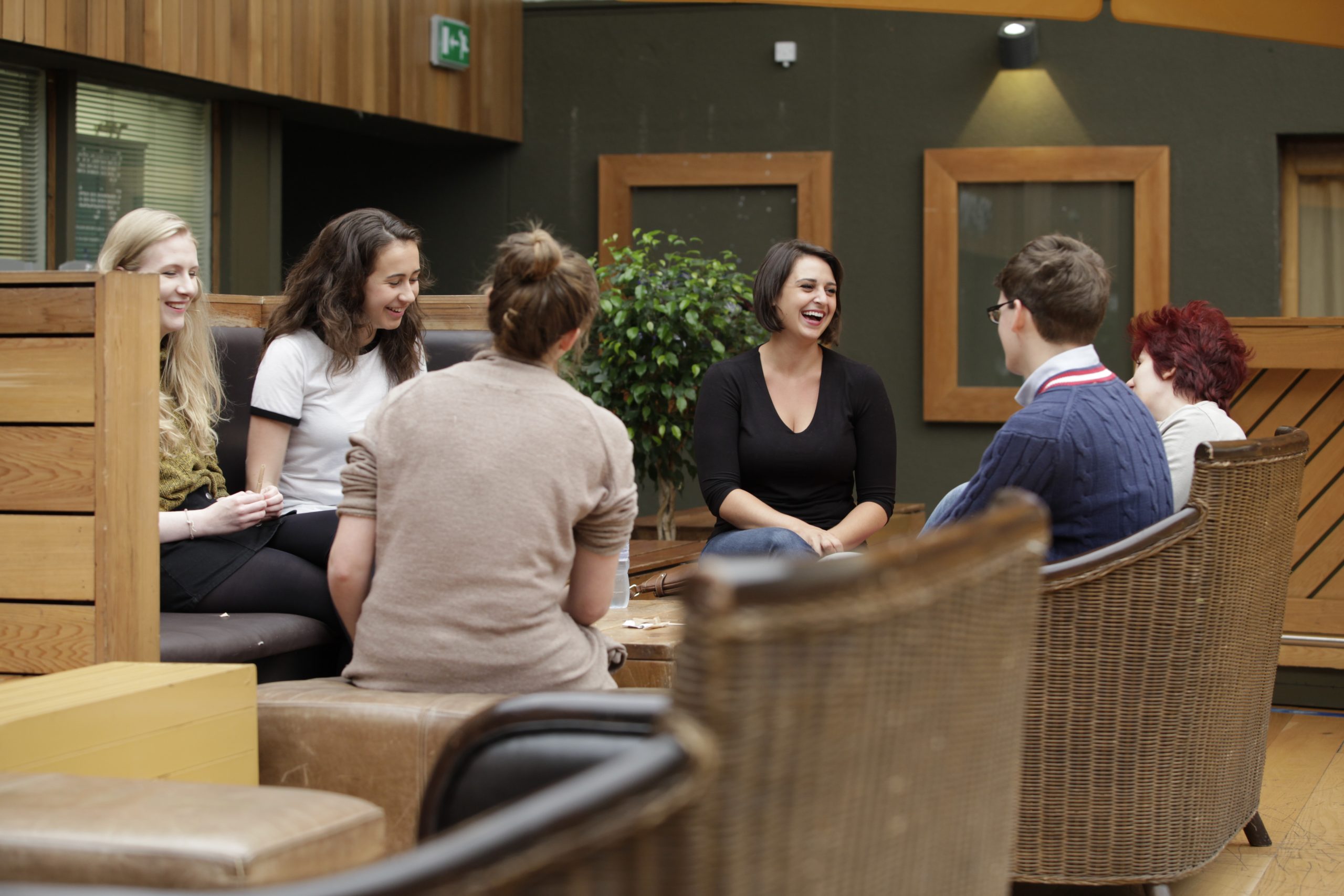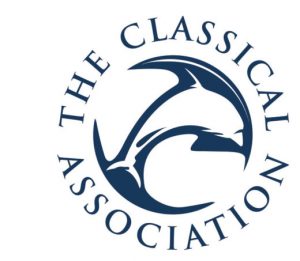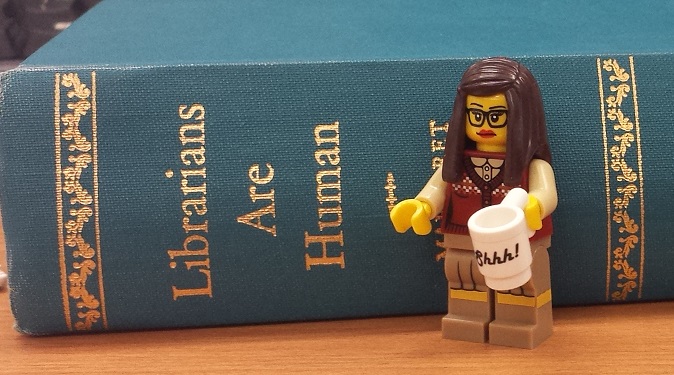Navigating undergraduate academia as a mature student

Much of university recruitment is aimed at school-leavers, but what if you are older or have been out of education for some time? Tristan – MA (Hons) Ancient and Medieval History – told us his story.
In 2018, the University of Edinburgh launched its Access Programme as part of its Widening Participating Initiative. As a 26-year-old who had been out of education for four consecutive years, having previously studied Acting and Performance, and later Art and Design, I was eligible to apply. My previous study had ignited a fervent interest in History of Art, and it was with the intention of undertaking undergraduate study in this discipline that I enrolled on the Access course. What it revealed to me, through exploring a wide range of subjects within Humanities and the Social Sciences, was that it was history – particularly of the ancient world – that really engaged me and so, the following year, I began my MA (Hons) in Ancient and Medieval History.
By now a 27-year-old student, it would be fair to say that I was incredibly anxious as to what my experience would be like. Would I find my place in an institution filled primarily with students ten years younger than myself? Would I get as much out of the ‘university experience’ than I would have done had I enrolled immediately after high school? Now, coming to the end of the second year of my degree, I’m confident to answer with a resounding yes to both questions, and I feel that my experience has been testament to the need to engage adult learners.
I write all of this as a 29-year-old, well aware of the fact that there are students in my cohort who have been outside of institutional education for far longer, but I think any significant gap in study can fill one with a great deal of self-doubt. There’s an expectation upon young learners that those who are capable go on to higher education immediately after education, and the six years I spent at high school felt as though I was expected to follow that trajectory. I chose a different path and whilst I have absolutely no regrets for studying the performing and visual arts, I realised that neither really engaged in the way that study ought to. Had I not followed those routes, however, I don’t think I would be where I am today (cliché notwithstanding).
 On 6 April 2021, I was invited to participate in the Classical Association Annual Conference on a panel entitled, ‘Inclusive Classics and pedagogy: teachers, academics and students in conversation’. What the discussion revealed is the dichotomy between ‘the institution’ and the individuals within it. Classics has been thrown into the spotlight recently, both in academic terms for the ‘dead white men’ narrative that pervades it, as well as in news stories surrounding the appropriation of ancient iconography by alt-right groups. Much discussion has been had as to how Classics as a discipline can survive when it seemingly perpetrates elitist ideology, owing to the fact that very few high school students have the opportunity to study it. In fact, I had no idea what ‘Classics’ even meant until enrolling on the Access Programme in 2018. But I don’t feel that has disadvantaged me in any way, nor has my status as a ‘mature student’; rather, I feel that it has allowed me to approach the discipline with eyes that seek interdisciplinary study, that see the Graeco-Roman world as one aspect of a rich and diverse ancient world, and that appreciate the diversity of the student experience.
On 6 April 2021, I was invited to participate in the Classical Association Annual Conference on a panel entitled, ‘Inclusive Classics and pedagogy: teachers, academics and students in conversation’. What the discussion revealed is the dichotomy between ‘the institution’ and the individuals within it. Classics has been thrown into the spotlight recently, both in academic terms for the ‘dead white men’ narrative that pervades it, as well as in news stories surrounding the appropriation of ancient iconography by alt-right groups. Much discussion has been had as to how Classics as a discipline can survive when it seemingly perpetrates elitist ideology, owing to the fact that very few high school students have the opportunity to study it. In fact, I had no idea what ‘Classics’ even meant until enrolling on the Access Programme in 2018. But I don’t feel that has disadvantaged me in any way, nor has my status as a ‘mature student’; rather, I feel that it has allowed me to approach the discipline with eyes that seek interdisciplinary study, that see the Graeco-Roman world as one aspect of a rich and diverse ancient world, and that appreciate the diversity of the student experience.
Recently, I launched an article series, ‘Classics in Conversation’, through my work with Retrospect Journal (for those of you who don’t know, Retrospect is the School of History, Classics and Archaeology’s student-led journal). This series poses questions to students both to encourage critical thinking and to provide a space to consider some of the most pertinent issues in the discipline today. I’m delighted with the response we’ve had thus far, and I feel as though it has highlighted the need to engage students in wider issues through a platform that elevates their voices. Ultimately, it’s my hope that Classics continues to thrive as a discipline, and it is also my hope that more students like myself will feel confident to pursue their ambition.
Read ‘Classics in Conversation’ on the Retrospect website
Find out more about the University of Edinburgh’s Access Programme
The website of the Classical Association




